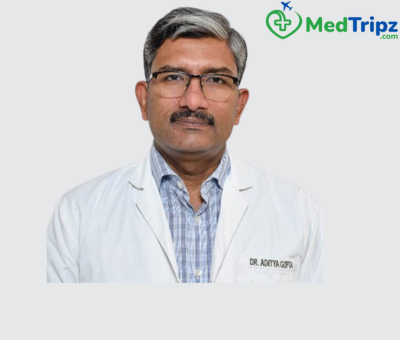نوع الإجراء
جراحيمدة الإجراء
10 - 20 دقيقةأيام الإقامة في المستشفى
5 أيامEpidural Hematoma (EDH) is a life-threatening condition characterized by the accumulation of blood between the dura mater (outermost membrane surrounding the brain) and the skull. This condition typically arises from traumatic brain injury, often caused by head trauma or skull fractures. The rapid buildup of blood compresses brain tissue, requiring immediate medical intervention to prevent severe complications or fatal outcomes.
Timely diagnosis is critical in managing EDH effectively. Symptoms such as severe headaches, nausea, confusion, or loss of consciousness often indicate the need for immediate medical attention. Advanced diagnostic imaging, particularly CT scans and MRI, plays a pivotal role in confirming the presence and location of the hematoma, guiding the surgical team in planning appropriate intervention.
Before surgery, patients undergo comprehensive assessments to determine their overall health and readiness for the procedure. This includes neurological evaluations, blood tests, and imaging studies. The surgical team collaborates with anesthesiologists to develop a tailored anesthetic plan, ensuring the patient's safety and comfort during the procedure.

رئيس قسم جراحة المخ والأعصاب وجراحة الجهاز العصبي المركزي والرئيس المشارك لشركة Cyberknife

المدير التنفيذي ورئيس قسم جراحة الأعصاب

بكالوريوس الطب والجراحة، ماجستير في الجراحة العامة، ماجستير في جراحة الأعصاب، جراح أعصاب، جراح العمود الفقري (أعصاب)
EDH surgery, often performed as a craniotomy, involves creating an opening in the skull to access and remove the accumulated blood. The surgeon carefully evacuates the hematoma, alleviating pressure on the brain. Once the blood is removed, the surgeon addresses the source of bleeding, such as repairing a torn artery or sealing damaged vessels. The skull is then reconstructed, and the incision is closed.
After surgery, patients are closely monitored in a neuro-intensive care unit (NICU) to observe brain activity and vital signs. Neurological assessments are performed regularly to evaluate recovery progress. Medications may be administered to manage pain, prevent infections, or control brain swelling. The care team provides detailed guidance to the patient and family about post-operative care and recovery expectations.

نيودلهي, الهند

جورجوجرام, الهند
التوجيه الصادق والدعم الموثوق والجهد السلس.
تزويدنا
بالتقارير


احصل على
الآراء الطبية


ما قبل الوصول
ترتيبات


تأشيرة
يدعم


باب المساعدة
العلاجات


العودة
متابعة

